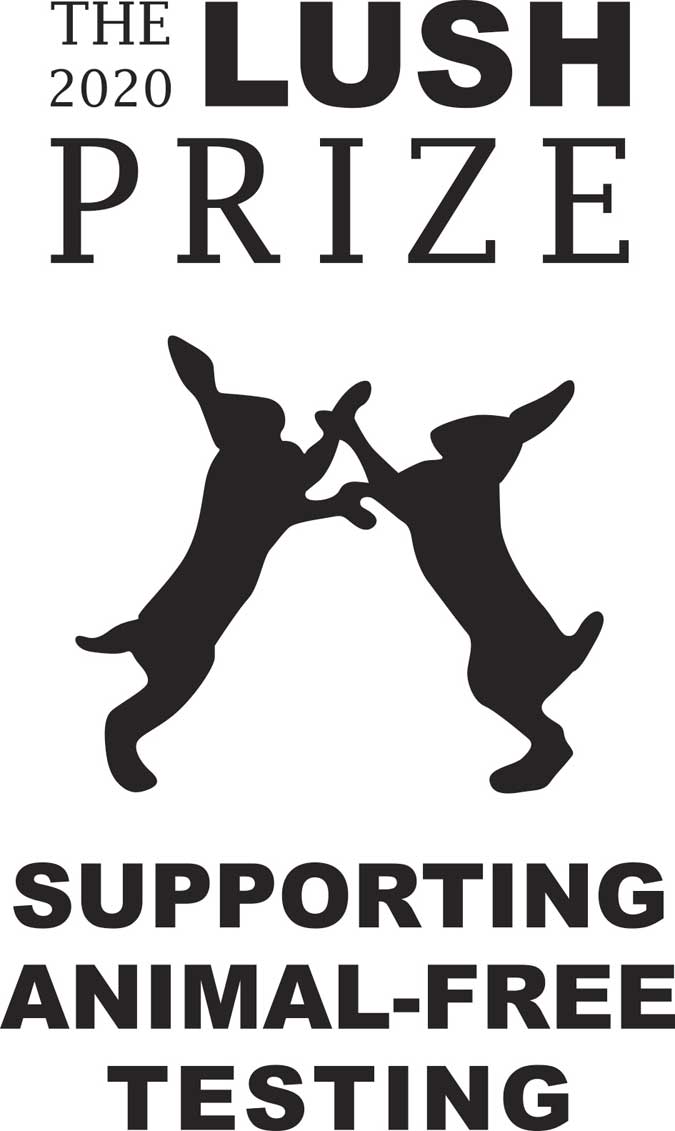 LUSH is a beauty brand that prides itself on being cruelty-free by not testing its products on animals, and now it is giving prizes to anyone with ideas on how to stop the practice. This is because, as a company release says, “Every year, it is estimated that more than 115 million animals are used in testing laboratories around the world.”
LUSH is a beauty brand that prides itself on being cruelty-free by not testing its products on animals, and now it is giving prizes to anyone with ideas on how to stop the practice. This is because, as a company release says, “Every year, it is estimated that more than 115 million animals are used in testing laboratories around the world.”
Earlier this month, Lush awarded the GBP250,000 Lush Prize (P16,022,500 at an exchange rate of P64.09 = GBP1), the largest prize fund in the non-animal testing sector. There are nine winning projects, organizations, and scientists from seven countries, as well as a winner of the Andrew Tyler Award. The winners share the total prize fund.
Several projects won for finding ways of testing and assessing chemicals and molecules without having to use animals in the process. The MIE Atlas Team from Cambridge University/Unilever in the UK, presented a study called “In Silico Models to Predict Human Molecular Initiating Events.” Edoardo Carnesecchi, from Utrecht University’s Institute for Risk Assessment Sciences (IRAS) in the Netherlands won for an innovative software platform to assess chemical mixtures’ toxicity and exposure, while Domenico Gadaleta from the Computational Toxicology Unit — Mario Negri Institute for Pharmacological Research in Italy won for the study “Screening Based on Structure-Activity Relationships Predicting Molecular Initiating Events of Neurotoxicity.”
Other projects won for lobbying, public awareness, and training. The Environment and Animal Society of Taiwan (EAST), won for a lobbying project which aims to erase mandatory animal testing requirements and prioritising non-animal testing methods in the chemical registration process. Meanwhile, SOKO Tierschutz in Germany won for an undercover investigation at the Laboratory of Pharmacology and Toxicology in Mienenbuettel, Germany. Helpathon from the Netherlands won for its “innovative brainstorming sessions to help scientists who currently use animals explore new approaches,” according to the Lush Prize Instagram account.
The rest of the winning projects took a look at biology. Nadine Dreser from the University of Konstanz, Germany won for a project about early neurodevelopmental disturbances during sensitive periods of stem cell differentiation. Dr. Johana Nyffeler, from the US Environmental Protection Agency, presented a study on “High-throughput phenotypic profiling of human neural progenitor cells to identify putative modes-of-action of developmental neurotoxicants.” Dr. Yuan Pang from Tsinghua University, China won for the project “Construction of advanced in-vitro tissue models based on 3D bioprinting and their application in drug discovery and toxicity tests.”
Andrew Rowan, PhD took home the Andrew Tyler Award, a nonfinancial prize, for oustanding contributions to ending animal testing. Mr. Rowan is President of Wellbeing International, and was the former CEO of Humane Society International. He has also served on the committees of several animal protection groups, including the World Society for the Protection of Animals.
“The judges were particularly excited by the fact that this year’s shortlist contained a new wave of projects which were modelling the cellular pathways of toxic molecules in their datasets. This combination of 21st century technologies showed perhaps the greatest promise yet for a widespread replacement of older and less reliable animal models on a global scale,” said Rob Harrison, Lush Prize Director.
In the Philippines, Lush is exclusively distributed by Stores Specialists, Inc. — JL Garcia
